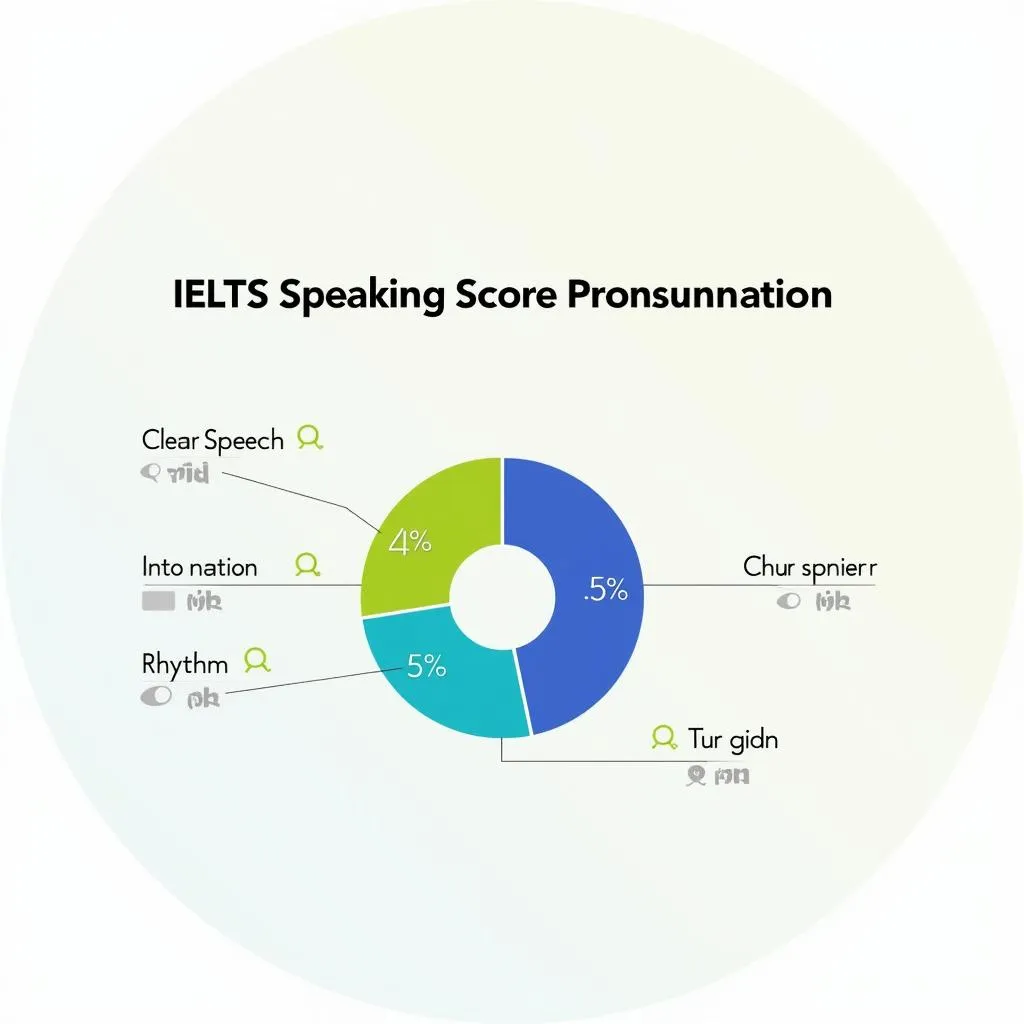Understanding the Importance of Pronunciation in IELTS Speaking
Achieving native-like fluency in IELTS Speaking is a goal many test-takers aspire to. Pronunciation plays a crucial role in this aspect, as it directly impacts your overall speaking score and how easily you can be understood. In this comprehensive guide, we’ll explore effective strategies and techniques to enhance your pronunciation skills and help you sound more like a native English speaker.
The Role of Pronunciation in IELTS Speaking
Pronunciation accounts for 25% of your speaking score in IELTS. Examiners assess your ability to produce individual sounds, use appropriate stress and intonation, and speak with a natural rhythm. Good pronunciation not only improves your score but also enhances your overall communication skills, making you more confident and articulate during the test.

Key Techniques for Improving IELTS Speaking Pronunciation
1. Focus on Individual Sounds
Start by mastering the individual sounds of English, particularly those that don’t exist in your native language. Pay special attention to:
- Vowel sounds: Practice the differences between short and long vowels (e.g., “ship” vs. “sheep”)
- Consonant clusters: Work on pronuncing combinations like “str” in “street” or “spl” in “splash”
- Problematic sounds: Identify and practice sounds that are challenging for speakers of your language
2. Master Word Stress and Sentence Stress
Proper stress is crucial for sounding natural in English. Focus on:
- Word stress: Learn which syllable to emphasize in multi-syllable words
- Sentence stress: Practice emphasizing content words (nouns, verbs, adjectives, adverbs) and de-emphasizing function words (articles, prepositions, pronouns)
3. Improve Your Intonation
Intonation is the rise and fall of your voice as you speak. It conveys meaning and emotion. Practice:
- Rising intonation for yes/no questions
- Falling intonation for statements and wh-questions
- Using intonation to express emotions and attitudes
4. Develop Natural Rhythm and Fluency
English has a distinct rhythm that native speakers naturally follow. To achieve this:
- Practice speaking in thought groups or chunks of words
- Use contractions and weak forms of words in casual speech
- Work on linking words together smoothly
Practical Exercises for Enhancing Your Pronunciation
1. Shadowing Technique
Shadowing involves listening to native speakers and repeating what they say in real-time. This helps you mimic natural speech patterns.
Steps:
- Choose a short audio clip from a native English speaker
- Listen to the clip while reading the transcript
- Play the audio again and repeat what you hear, trying to match the speaker’s rhythm and intonation
- Record yourself and compare it to the original
2. Minimal Pair Practice
Minimal pairs are words that differ by only one sound. Practicing these helps you distinguish and produce similar sounds accurately.
Example exercise:
- ship/sheep
- bet/bat
- full/fool
- thing/sing
Practice saying these pairs and record yourself to identify any difficulties.
3. Tongue Twisters
Tongue twisters are excellent for improving articulation and speed. Start slowly and gradually increase your pace as you become more comfortable.
Examples:
- “She sells seashells by the seashore”
- “Peter Piper picked a peck of pickled peppers”
- “How much wood would a woodchuck chuck if a woodchuck could chuck wood?”
4. Stress and Intonation Drills
Practice emphasizing the correct syllables in words and using appropriate intonation patterns.
Exercise:
- Mark the stressed syllables in a paragraph from an IELTS Speaking sample answer
- Read the paragraph aloud, exaggerating the stress
- Record yourself and listen for any inconsistencies
Leveraging Technology for Pronunciation Improvement
1. Pronunciation Apps
Utilize apps designed specifically for pronunciation practice, such as:
- ELSA Speak
- Pronunroid
- Sounds: Pronunciation App
These apps often use speech recognition technology to provide instant feedback on your pronunciation.
2. Text-to-Speech Tools
Use text-to-speech tools to hear how words and sentences should be pronounced. This is particularly useful for unfamiliar words or phrases you encounter during your IELTS preparation.
3. Online Pronunciation Dictionaries
Consult online pronunciation dictionaries like Forvo or HowJSay to hear native speakers pronounce words in various accents.
Common Pronunciation Pitfalls to Avoid
- Overpronunciation: Avoid exaggerating sounds, as this can make your speech sound unnatural
- Neglecting word endings: Pay attention to final consonants, especially -s, -ed, and -ing endings
- Ignoring connected speech: Practice linking words together in natural speech
- Mispronouncing common words: Be aware of frequently mispronounced words in English and practice them regularly
Next Steps: Putting Your Skills into Practice
- Record yourself speaking on IELTS topics and analyze your pronunciation
- Seek feedback from native speakers or English teachers
- Join language exchange groups to practice with others
- Take mock IELTS Speaking tests to simulate exam conditions and assess your progress
By consistently applying these techniques and practicing regularly, you can significantly improve your pronunciation for the IELTS Speaking test. Remember, the goal is not to eliminate your accent entirely but to speak clearly and confidently in a way that is easily understood by native English speakers. With dedication and the right approach, you can achieve a more native-like fluency and boost your IELTS Speaking score.